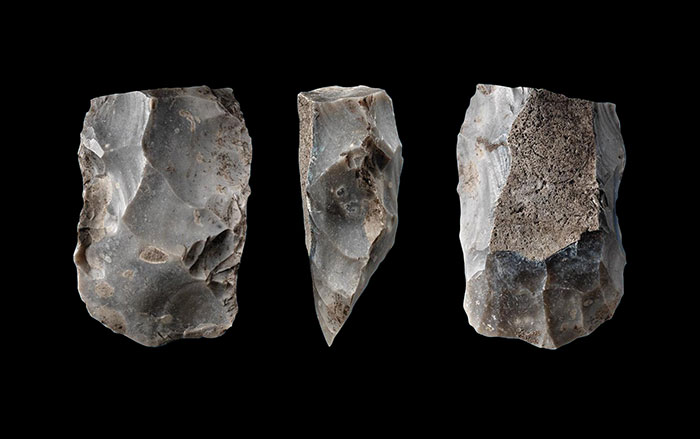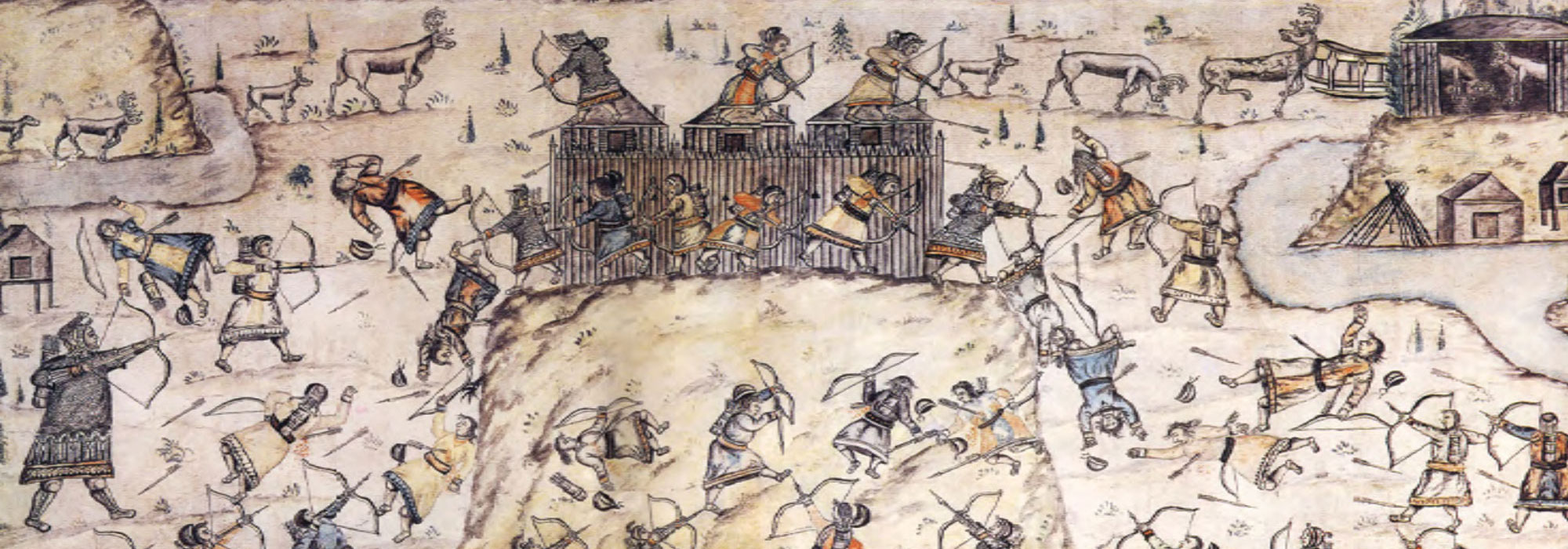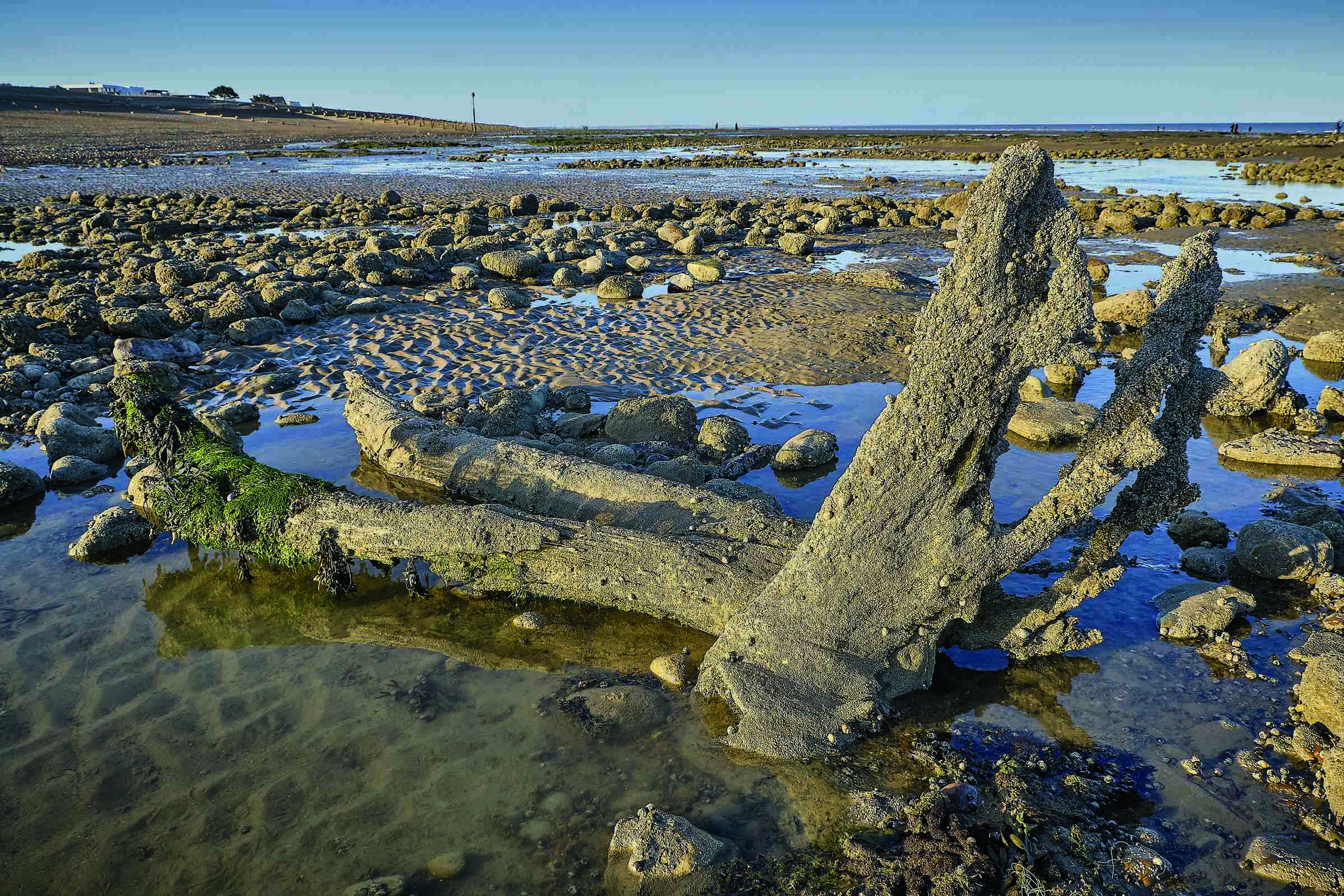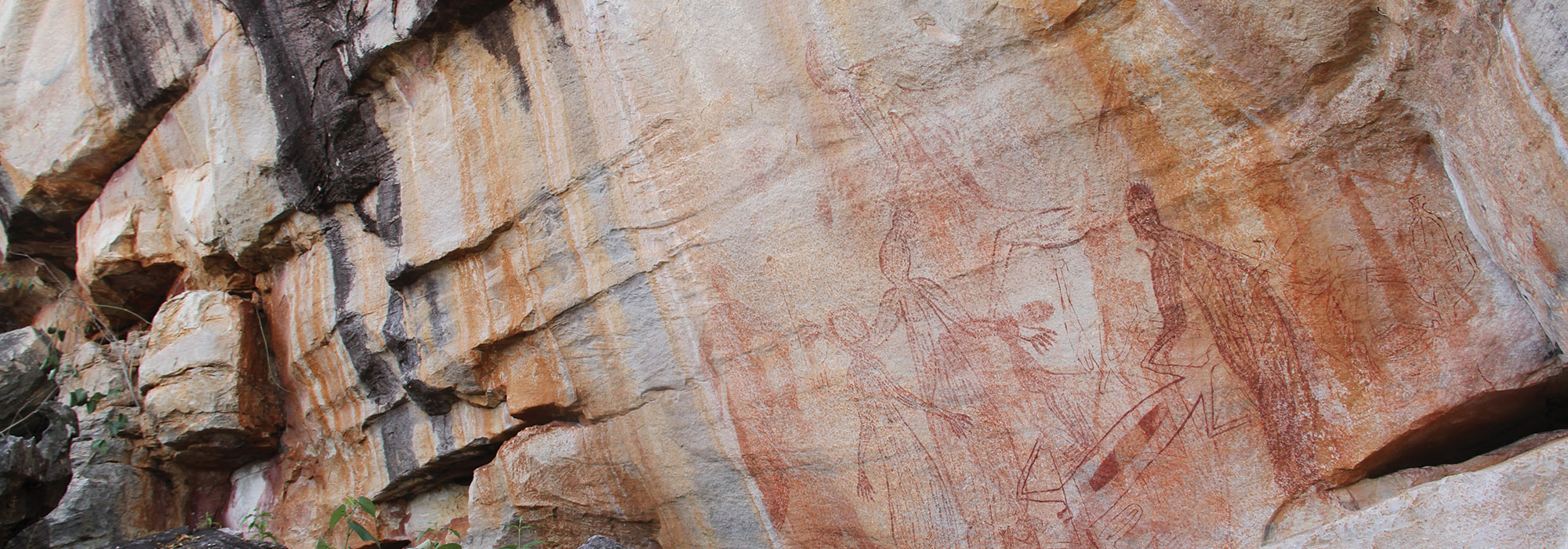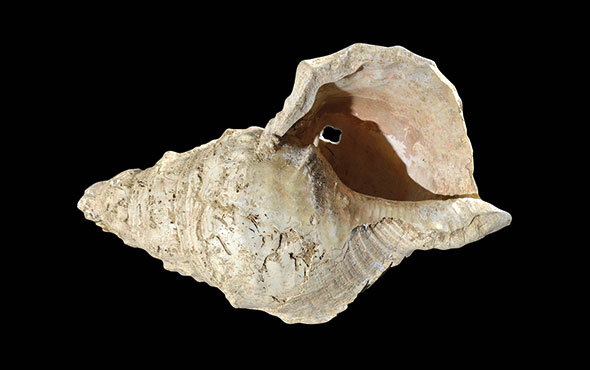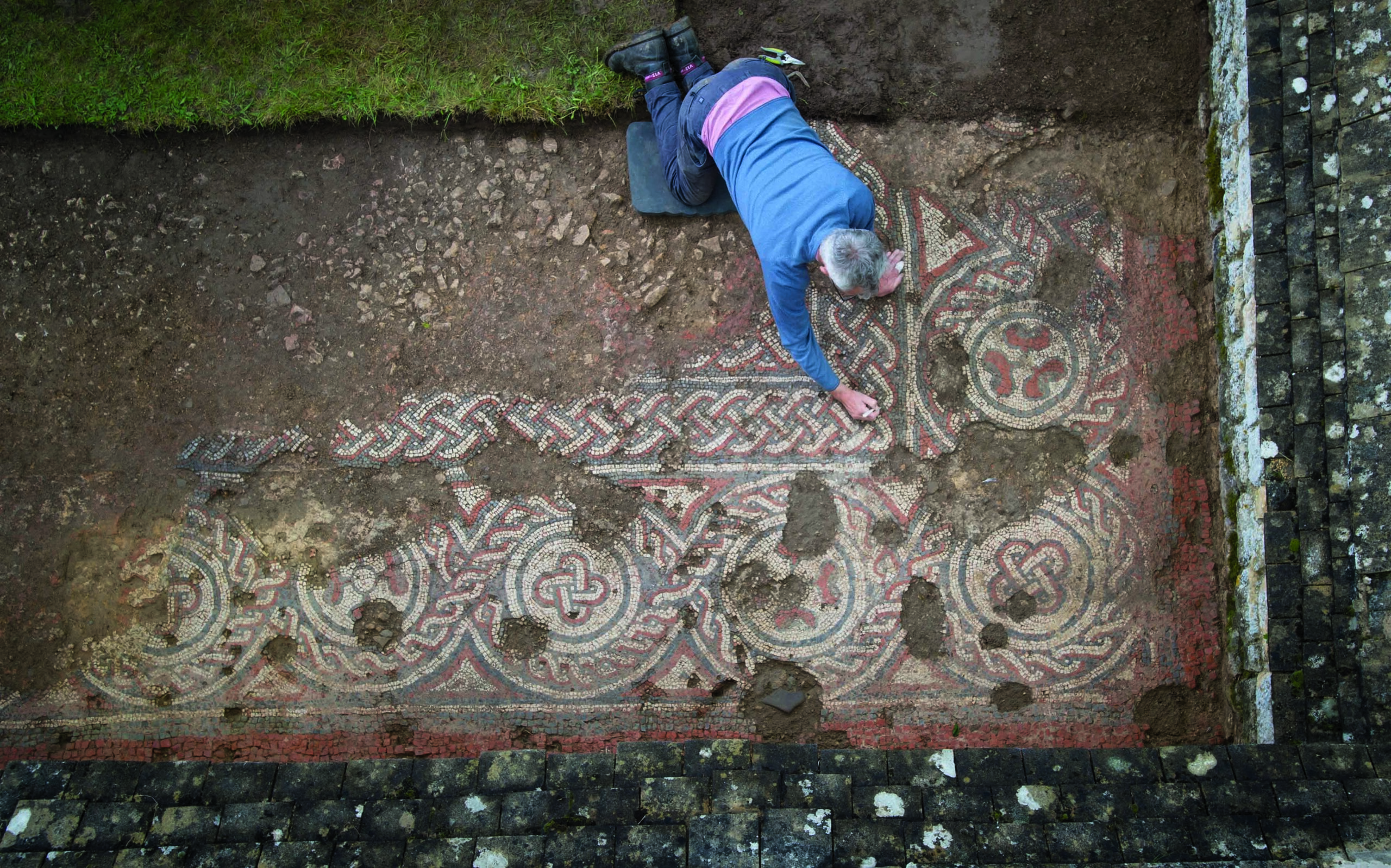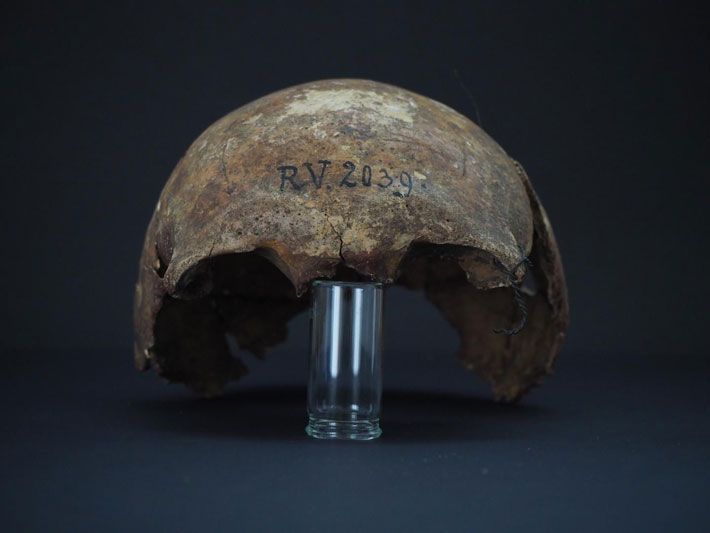
KIEL, GERMANY—Gizmodo reports that researchers led by Ben Krause-Kyora of the University of Kiel detected DNA from the bacteria Yersinia pestis while screening a 5,000-year-old skull unearthed in Latvia in the late nineteenth century for traces of pathogens. The skull belonged to a hunter-gatherer man who died sometime between the ages of 20 and 30. But the high load of plague DNA in his remains suggests that he may have tolerated the infection without it causing his death, and no traces of the plague bacteria were found in the remains of three individuals buried alongside him. Krause-Kyora and his colleagues found that this early version of the pathogen lacked adaptations that would allow it to be spread by fleas, so it may not yet have become the highly virulent and contagious strain that caused the Black Death in the mid-fourteenth century A.D. Instead, the researchers think Yersinia pestis was first transmitted through rodent bites and probably did not cause large outbreaks of illness. This lineage of the bacteria eventually went extinct, Krause-Kyora added. Read the original scholarly article about this research in Cell Reports. To read about another early Yersinia pestis infection, go to "Bronze Age Plague," one of ARCHAEOLOGY's Top 10 Discoveries of 2018.


